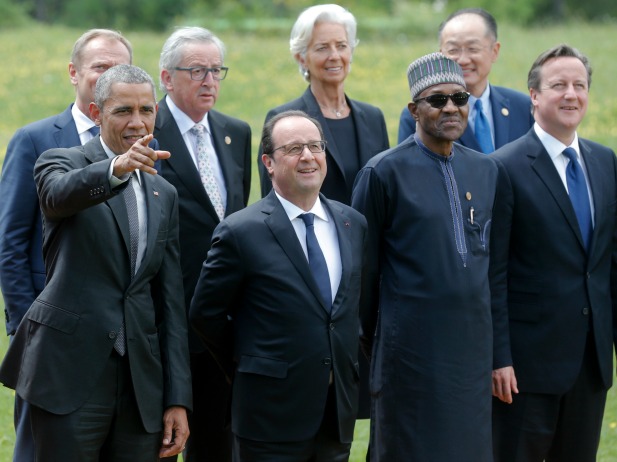
The Intergovernmental Group of Twenty-Four of International Monetary Affairs and Development, G24, has canvassed a yearly commitment of $100 billion concessional financing, effective from year 2020 to address climate change risks in pursuance of the 2030 Agenda for Sustainable Development agenda.
The G24, which was set up to coordinate the position of developing countries on monetary and development issues, gave the recommendation at the end of its 95th meeting held on the sidelines of the just-concluded World Bank/IMF Spring Meetings in Washington D.C. According to the Group, availability of concessional finance will play a key role in lowering the up-front costs of greenhouse gas emissions, climate-resilient investments as well as mitigating the risks related to climate change. This is even as it also called for a concrete roadmap that would facilitate its realization.
On the issue of concessional financing for developing countries, the Group pointed out that this should be additional rather than a substitute for contributions from development partners in the light of ambitious global agreements on SDGs, COP21, and the Sendai Agreement. The meeting, which was presided over by Mauricio Cárdenas, Minister of Finance and Public Credit of Colombia, which had Nigeria’s Finance Minister, Kemi Adeosun, in attendance, also advocated that developed countries should guard against overburdening poor countries with higher cost liabilities.
G24 also stated that MDBs should emerge as a strong partner for developing countries in Disaster Risk Management, DRM, to enable them achieve the Sendai Framework targets by 2030. According to a communiqué issued at the end of the meeting, the Group while calling for strong advocacy by Multilateral Development Banks, MDBs, also sought the urgent replenishment of the Climate Investments Funds. “We continue to urge the international community to work with small middle-income countries and those in fragile situations that are vulnerable to climate change in improving their debt sustainability, including through enhancing their access to concessional financing.
“We call for MDBs to increase financial support to developing countries and facilitate their access to new technologies. Overall, continuous work on DRM will prevent disasters from undermining the progress towards achieving the Sustainable Development Goals, SDGs,” the communiqué read in part. The Group, while noting that scaling up quality investments in sustainable infrastructure would be critical to delivering the development, climate and economic growth agenda, recommended the scaling up of support from MDBs through strengthening policy and institutional frameworks, increasing lending, and effective leveraging of private sector resources.
Source: Mirror
